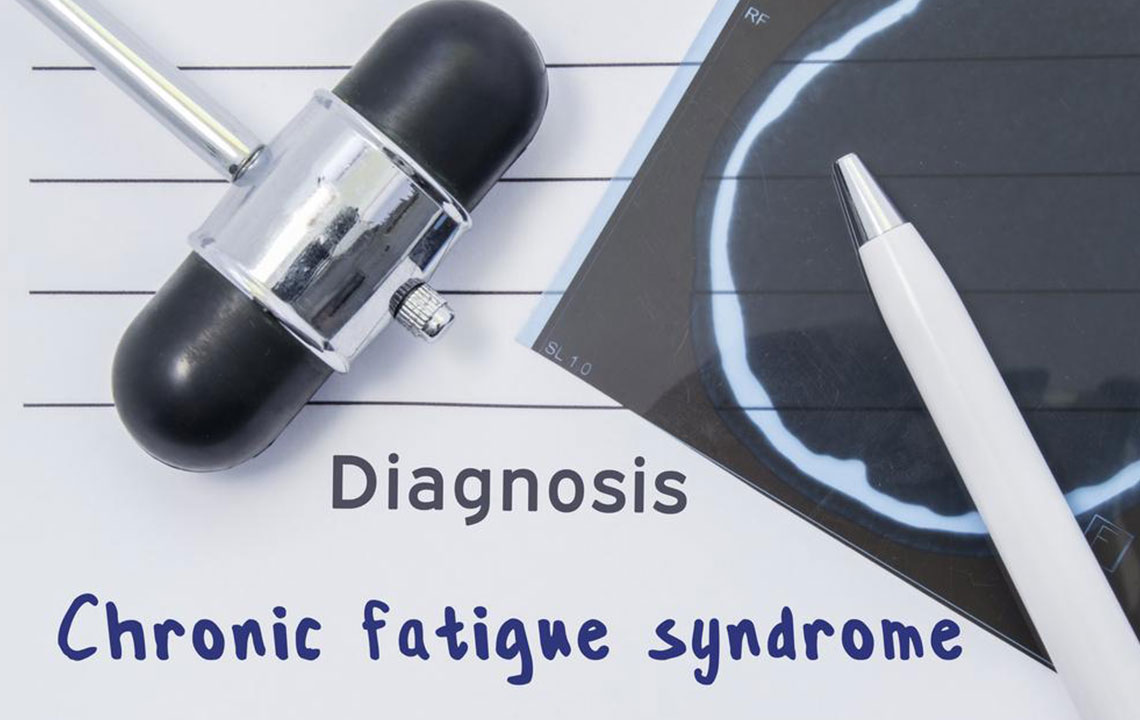Comprehensive Guide to Chronic Fatigue Disorder: Causes, Symptoms, and Effective Management Strategies
This comprehensive article explores Chronic Fatigue Disorder (CFD), highlighting causes, symptoms, diagnostic challenges, and management strategies. It emphasizes the importance of a multidisciplinary approach to improving quality of life for CFD patients, covering diagnosis, emotional support, lifestyle modifications, and ongoing research efforts to better understand and treat this complex condition.

Comprehensive Guide to Chronic Fatigue Disorder: Causes, Symptoms, and Effective Management Strategies
Chronic Fatigue Disorder (CFD), also known as myalgic encephalomyelitis or systemic exertion intolerance disease (SEID), is a complex and often misunderstood condition that profoundly affects millions of individuals worldwide. Characterized by persistent and overwhelming fatigue that does not improve with rest, CFD can significantly impair daily functioning and diminish quality of life. Understanding this disorder is critical for early diagnosis, effective management, and improving patient outcomes. While the exact cause remains elusive, a combination of factors including viral infections, psychological stress, immune system irregularities, and environmental influences are believed to contribute to its development.
This disorder predominantly affects adults between the ages of 40 and 50, but it can occur across all age groups. Notably, women are twice as likely to be affected as men. Various risk factors increase susceptibility, including allergies, heightened stress levels, exposure to environmental toxins, and genetic predispositions. The constellation of symptoms associated with CFD extends beyond mere fatigue, encompassing cognitive difficulties, sleep disturbances, musculoskeletal pain, headache, joint discomfort, sore throat, and swollen lymph nodes, creating a multifaceted health challenge.
Diagnosing CFD is a nuanced process because no specific laboratory test can definitively confirm its presence. Healthcare professionals rely heavily on clinical judgment, evaluating symptom duration and their impact on daily life. Generally, symptoms must persist for at least six months and be accompanied by other indicators like cognitive impairments, disrupted sleep, and physical exhaustion. It is equally important to differentiate CFD from other conditions with overlapping symptoms, such as hypothyroidism, Lyme disease, fibromyalgia, multiple sclerosis, lupus, and depression. A thorough medical history, physical examination, and sometimes additional tests help exclude other diagnoses, ensuring accurate identification of CFD.
Currently, there is no known cure for CFD, which complicates the management process. Patients frequently face emotional struggles, social isolation, and mood disorders, which further exacerbate their condition. The treatment strategies for CFD are highly individualized, aiming to alleviate symptoms and improve daily functioning rather than eradicate the disorder. A multidisciplinary approach is essential, involving physicians, mental health professionals, physiotherapists, and support networks.
Management often includes pharmacological interventions such as antidepressants to address concurrent depression, alongside therapies targeting sleep improvement and activity pacing. Sleep hygiene practices—like maintaining consistent sleep schedules and creating a restful environment—are crucial. Pacing activities helps prevent overexertion, which can lead to symptom flare-ups. Physical activity, carefully tailored by physiotherapists, can enhance stamina gradually without triggering setbacks. Psychological support, including counseling and cognitive-behavioral therapy (CBT), plays a vital role in helping patients cope with the emotional impact of living with a chronic illness. Support groups and patient education are also instrumental in fostering resilience and understanding.
Although ongoing research strives to uncover the underlying causes of CFD, current management focuses on symptom relief and improving patients’ quality of life. patients are encouraged to collaborate closely with healthcare professionals to develop personalized treatment plans that suit their specific needs. Lifestyle modifications, dietary adjustments, and stress management techniques can further support symptom control and overall wellbeing. Recognizing the multifaceted nature of CFD and adopting a holistic treatment approach is fundamental to helping patients regain control over their health and daily activities.
Future developments in research may lead to better diagnostic tools and targeted therapies, but for now, understanding, patience, and comprehensive care remain the mainstays of managing Chronic Fatigue Disorder effectively.





